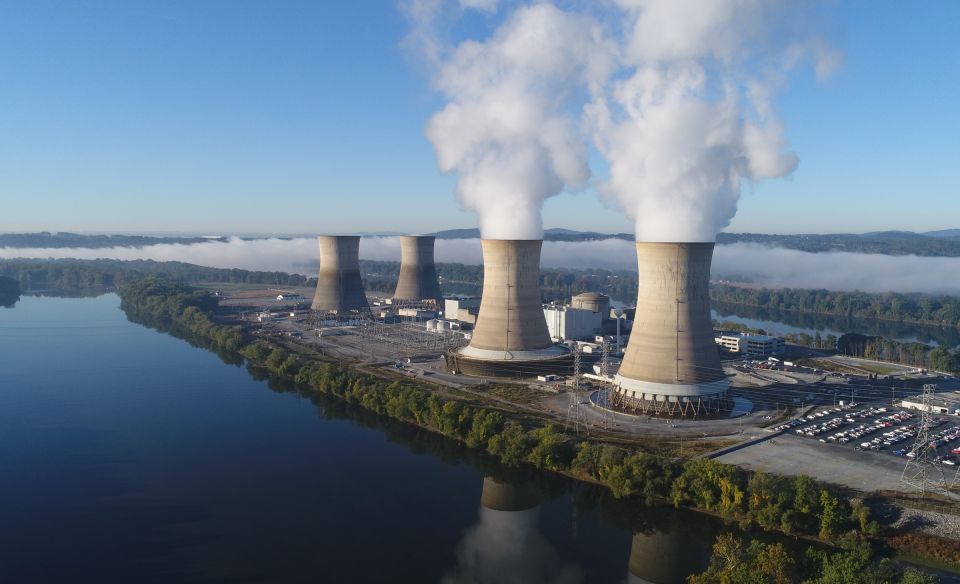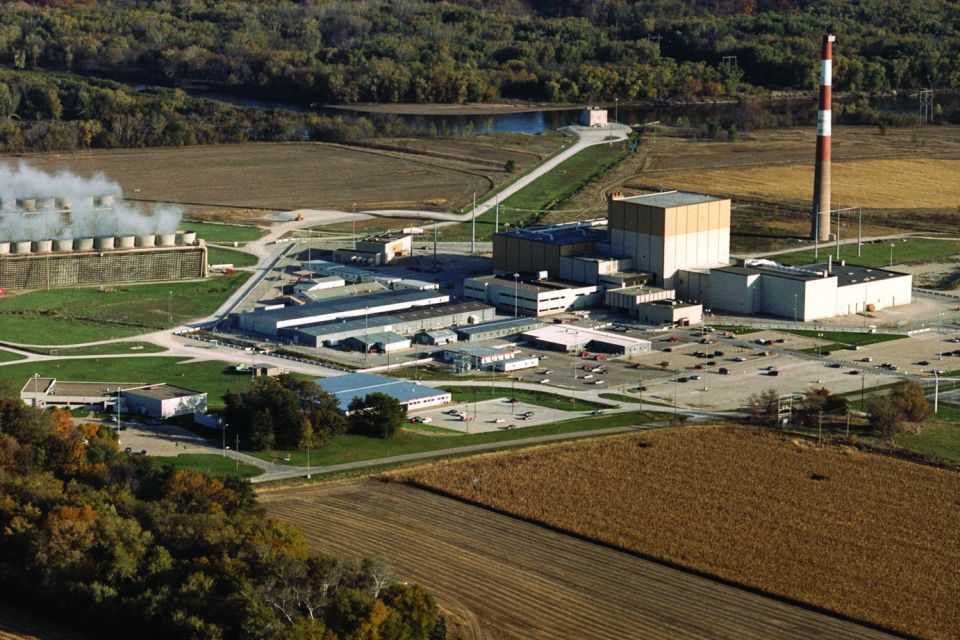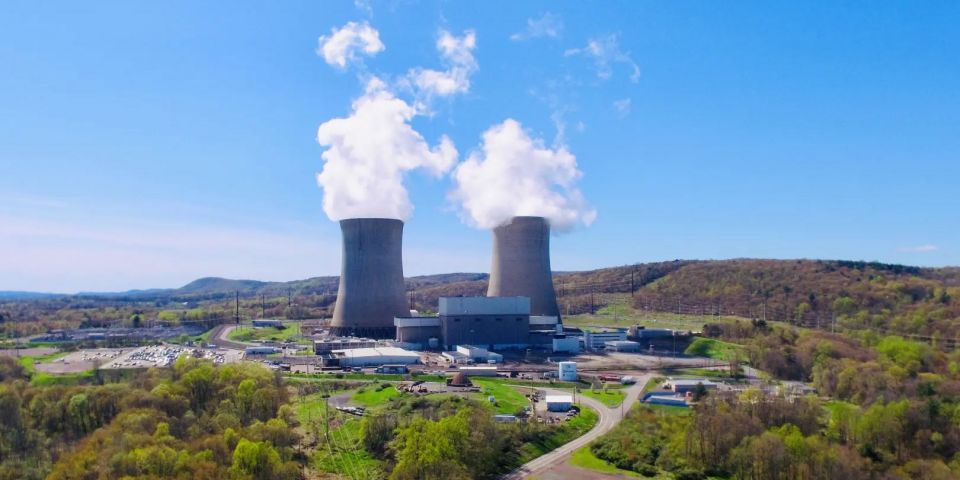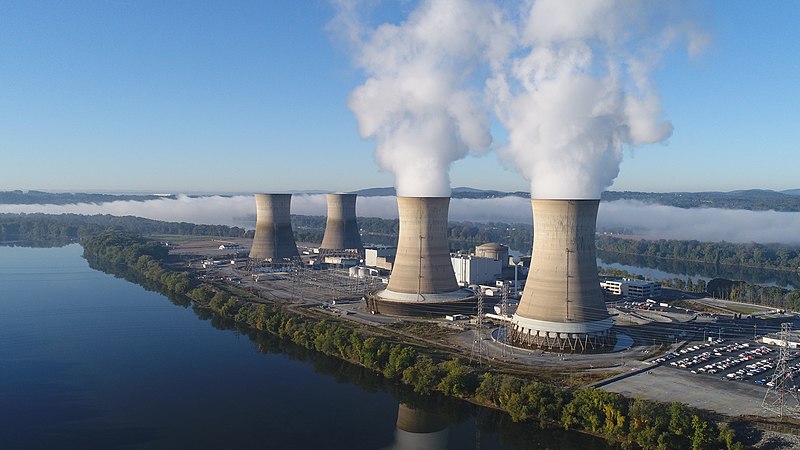Constellation accepting applications for 2024 Energy to Educate grant program
The company has awarded nearly $6 million for STEM education and research programs since the program launched in 2010

Constellation is taking applications for its 2024 E2 Energy to Educate grant program, which provides funding for student projects focusing on energy innovation.
Educators and students in grades 6–12 can apply for program grants of up to $25,000, and those in two- and four-year colleges can apply for grants of up to $50,000.
Inspiring and developing the next generation of energy leaders is critical to advance the clean energy transition and mitigate the climate crisis,” said Kathleen Barrón, executive vice president and chief strategy officer with Constellation. “From elementary schoolers to college students, Energy to Educate has provided hands-on exposure to energy innovation and STEM learning, and the extensive reach of this important program ensures a meaningful, positive impact across our communities.”
A closer look: Last year the E2 program provided more than $500,000 across 24 projects and reached nearly 25,000 students nationwide. The selected projects, which spanned 12 states, included training programs for nuclear science and hydrogen fuel, wind and solar energy design build competitions, and programs focused on preparing the next generation for careers in STEM and carbon-free energy.
To date, nearly $6 million in grants have been awarded for research and education projects that have fueled the exploration of STEM fields for nearly 300,000 students.
The American Nuclear Society in 2023 was the recipient of a grant to develop a “visualizing radiation cloud chamber” kit, which has provided a chance for several hundred students—in an initial pilot phase—to safely observe the paths of subatomic particles. The funding was also used to create a virtual training program to help educators facilitate the experiment and teach nuclear science concepts. ANS plans give access to the kit across all 50 states.
Grant criteria: Projects must align with the following energy innovation themes:
- Access in energy. How can we empower and engage underrepresented groups in the energy sector and inspire students from all socioeconomic groups to pursue STEM and energy careers? Projects showcase effective strategies to support increased access to good-paying careers in the energy industry and to deliver clean energy solutions to underserved and underrepresented communities. Projects may also address how they can advance environmental justice and economic inclusion in the energy transition.
- Sustainability amidst growing energy needs. As global energy consumption rises, the quest for sustainable solutions becomes increasingly critical. Innovations in electrification, transportation and artificial intelligence are poised to revolutionize energy usage in homes and communities and can help address climate change. Projects show the enhancement of existing products or new technologies for a cleaner energy future and how we can pave the way for a more sustainable world through decarbonization and energy-efficient choices. Projects may also showcase artificial intelligence as a pivotal ally in both pioneering new advancements and refining existing technologies.
- Nuclear technology and clean energy. How can we harness the power of nuclear technology and other forms of zero-carbon generation to address the climate crisis using innovative and cutting-edge solutions such as advanced nuclear, zero-carbon energy generation systems and smart energy storage devices? Projects should show how they can create positive impacts for society, economy and environment, and how they can collaborate with various stakeholders, such as businesses, schools, governments and communities, to scale up their solutions and pilot programs.
What’s next: Follow this link to apply. The deadline for applications is October 1, and Constellation will announce the winners in November during American Education Week.








